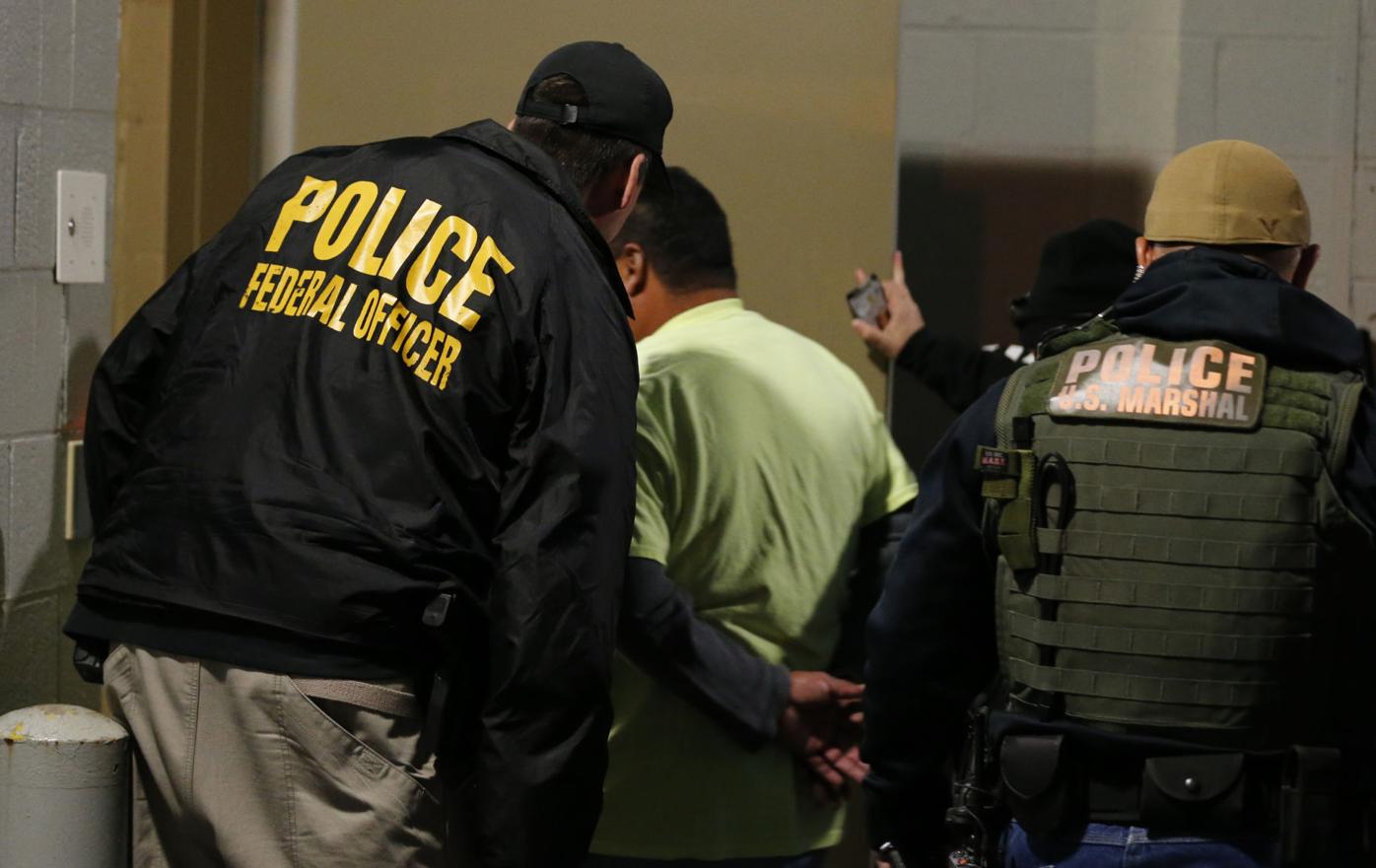Judge handling Denver schools’ challenge to ICE policy changes course, sets hearing
The federal judge overseeing Denver Public Schools’ challenge to the Trump administration’s new policy for immigration enforcement announced on Monday that he will hold a hearing on the district’s request for a restraining order — a seeming about-face from his position just one week ago.
The DPS lawsuit against U.S. Secretary of Homeland Security Kristi Noem seeks to strike down on procedural grounds a Jan. 20 memo giving immigration officers greater latitude to operate in areas previously meriting “special protection,” such as schools.
The district alleged the policy is arbitrary and capricious, and is causing it to divert resources toward addressing student and staff fear. Further, attendance has fallen off allegedly due to the policy change.
U.S. District Court Judge Daniel D. Domenico set a two-week briefing schedule, with the administration’s response and the school district’s reply due by the end of February. After receiving the administration’s response, Domenico indicated on Feb. 24 that “it does not appear that a hearing on the motion will be necessary.” Instead, he directed DPS to attach any evidence to its reply that it wished him to consider.
However, without explanation, Domenico issued another brief order on March 3 saying he would hold a hearing after all on the district’s request for a temporary restraining order. The proceeding will take place on Friday and will consist solely of the attorneys’ arguments.
So far, the DPS lawsuit is the only challenge to a Trump administration policy brought in Colorado’s federal court. It was randomly assigned to Domenico, a first-term appointee of President Donald Trump.
In response to the district’s lawsuit, the Trump administration has argued restricting immigration enforcement at or near schools would hinder efforts to curb illegal immigration.
“Such a bar on immigration enforcement at or near schools or bus stops could significantly limit immigration enforcement in Denver,” wrote the government. It added that, because of the size of the district, “much of Denver is close to a school.”
Under longstanding guidance known as the “sensitive locations policy,” federal agents avoided enforcement actions in certain locations, such as schools, churches and hospitals. However, the policy allowed for agents to act in limited circumstances requiring intervention. Trump rescinded that guidance shortly after assuming office.
Denver Gazette Reporter Nico Brambila contributed to this article.





